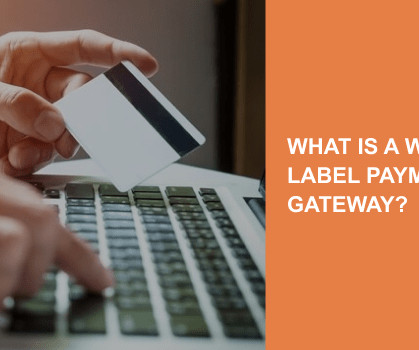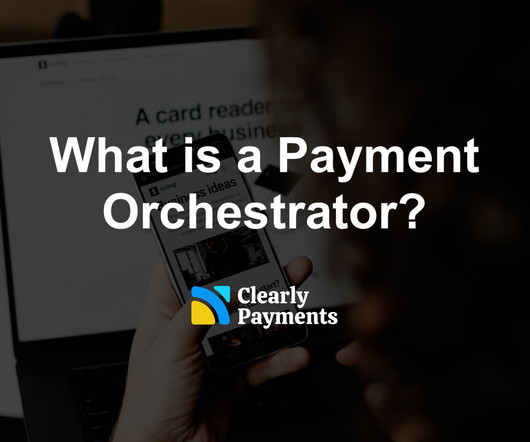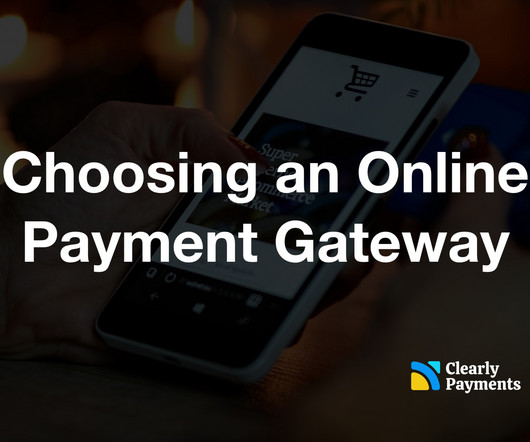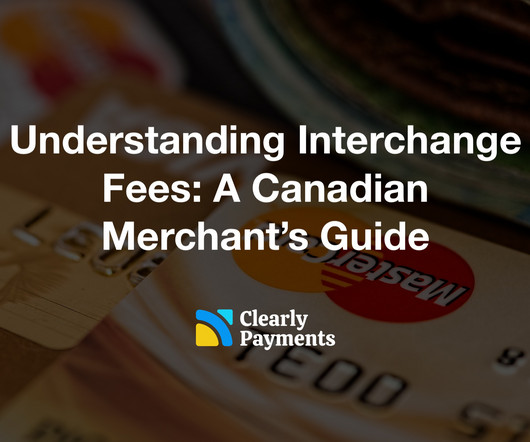What is a White-Label Payment Gateway?
Ikajo
DECEMBER 18, 2023
White-label payment gateway: Pros White-label payment gateways offer multiple advantages, which include: No development or maintenance costs By using a white-label payment gateway, businesses avoid the costs associated with building a payment system from scratch.












Let's personalize your content